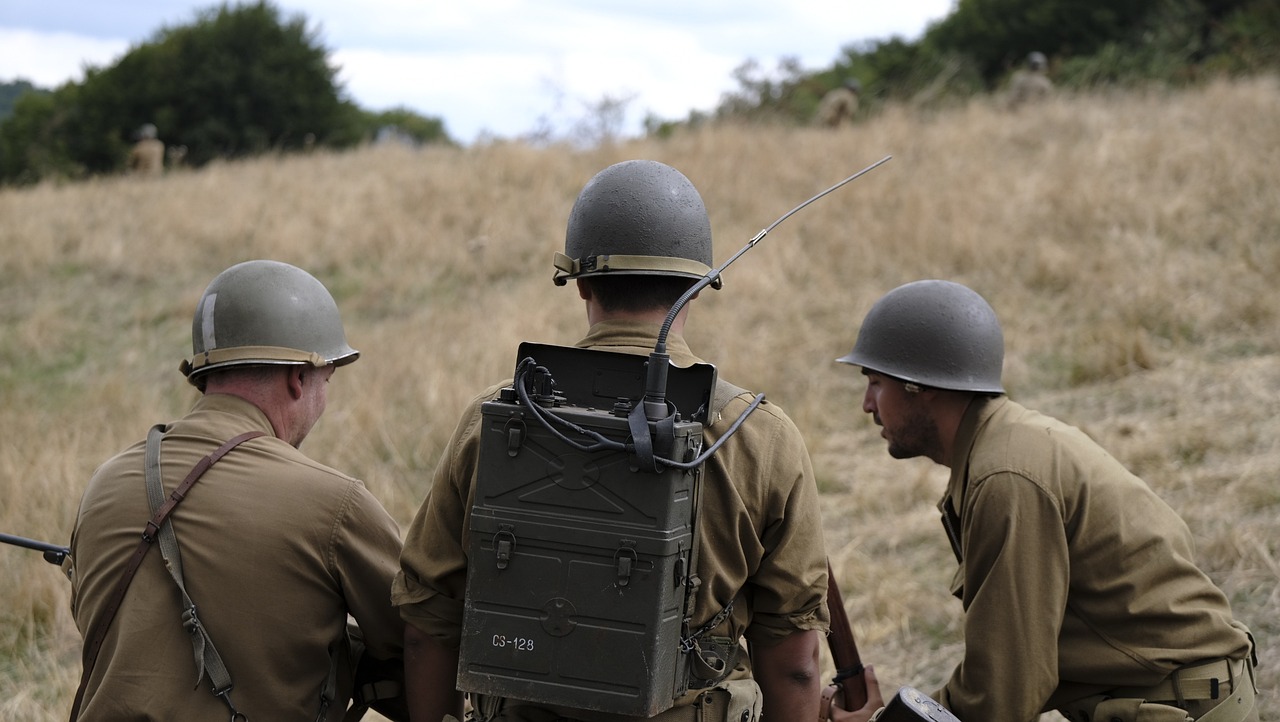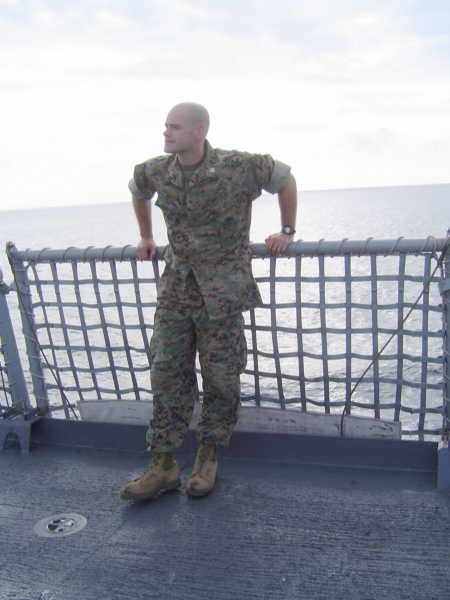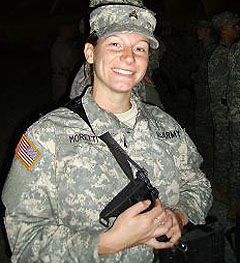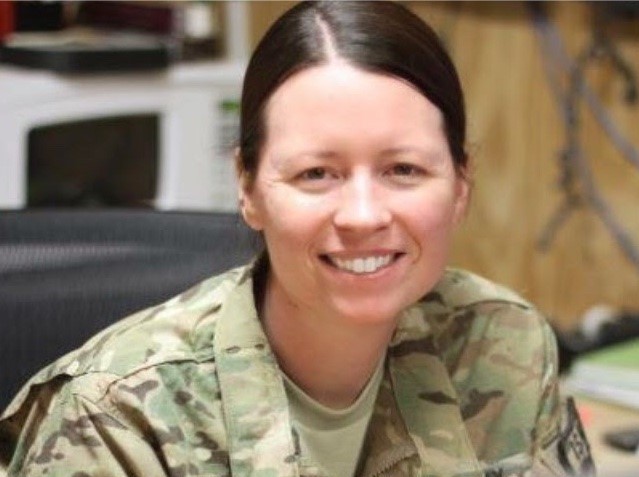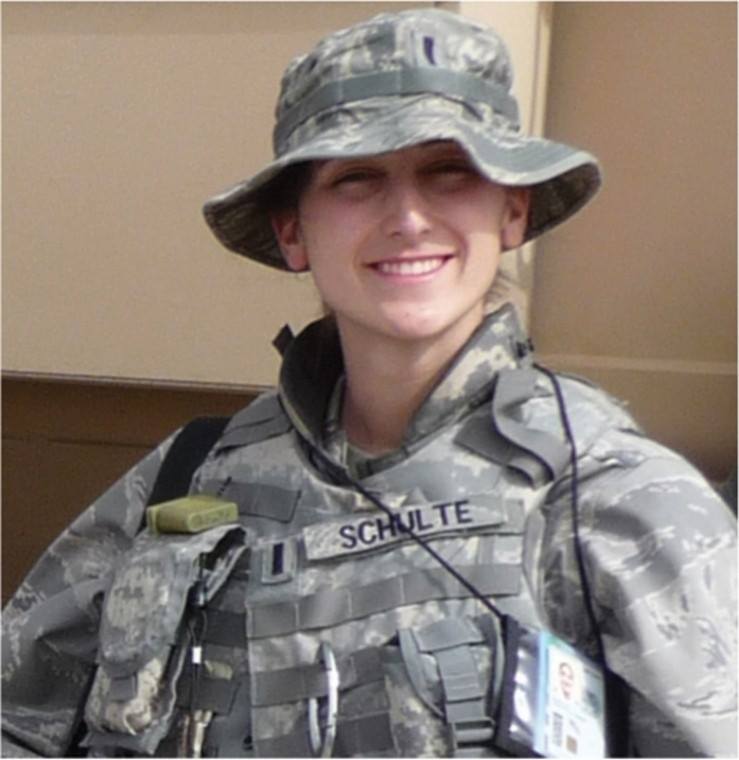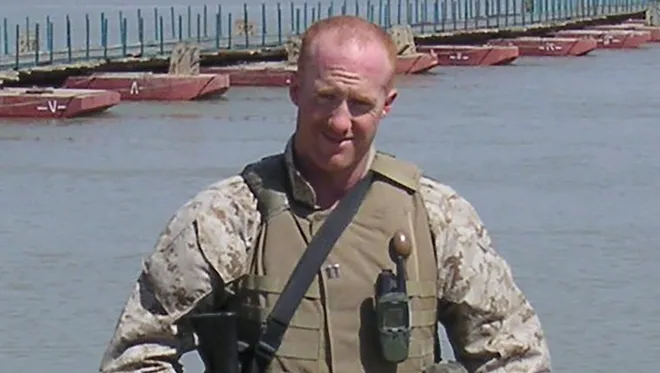Willy Pascua
In our exploration of modern warfare’s electromagnetic spectrum (EMS), we’ve uncovered its profound significance and the advanced systems requisite for dominance. Now, our focus turns to the indispensable human factor—the highly skilled practitioners. These exceptional individuals serve as the critical nexus of EMS operations, possessing the skills, expertise, and intuition needed to interpret complex data, adapt to dynamic threats, and make informed decisions in the crucible of battle.
The Human Element in Electronic Warfare
In the ever-evolving EMS landscape, technological prowess alone falls short of ensuring victory. While advanced hardware and software systems are undoubtedly pivotal, it’s the experts who serve as the vital cornerstone of EMS excellence that truly make the difference. Here’s why these highly trained practitioners are the bedrock of EMS dominance:
Decision-Making Under Pressure: Modern warfare is characterized by rapid decision-making in high-pressure environments, underscoring the critical role these professionals play in this human-centric process. They bear the responsibility of interpreting intricate data and making pivotal choices that can tilt the scales between mission success and failure. Their capacity to maintain composure in the heat of action is vital, reflecting the essence of human will in the midst of battle.
Real-Time Adaptation: Adversaries are perpetually evolving their tactics and technologies, placing these experts at the forefront of this evolving landscape. They must be equipped with the competence to adapt on the fly, effectively countering these ever-evolving threats. Their training equips them with the knowledge and dexterity to pivot rapidly and respond to emergent challenges, showcasing the depth of human expertise.
Precision and Interpretation: The EMS presents a realm of intricate signals, diverse frequencies, and multifaceted data. These highly skilled professionals possess a profound understanding of signal characteristics, empowering them to identify anomalies, distinguish between friendly and hostile signals, and extract vital intelligence. Their role mirrors the broader context of modern warfare, where human understanding remains paramount.
Key Aspects of Training for the Subject Matter Expert: Highly trained practitioners must undergo a series of focused training evolutions, each designed to enhance their mastery of the EMS. These include:
- Basic Electronics and Radio Fundamentals: These experts gain fundamental knowledge of electronics, radio waves, and electromagnetic principles, learning about signal behavior, propagation, and the basics of modulation and demodulation.
- Site Survey and Signal Intercept Planning: They learn how to conduct comprehensive site surveys to identify strategic locations for signal intercept operations and to plan signal collection deployments based on mission objectives and the electromagnetic environment.
- Electromagnetic Spectrum Survey: These professionals learn how to perform EMS surveys to identify various signals in their operational areas, detect sources of interference, and recognize potential adversaries’ communication systems.
- Antenna Identification and Selection: They master the identification and selection of antennas suitable for signal interception and direction finding, understanding the characteristics of various antennas and how to employ them effectively.
- Signal Collection and Decoding: These experts practice signal collection using passive and active techniques, using specialized equipment to capture and record signals of interest. They delve into signal characterization to determine signal parameters, modulation types, and practice decoding encrypted signals.
- Direction Finding (DF) Techniques: Various DF techniques are taught, enabling these professionals to locate and track signal sources with precision.
- Signals Analysis: Training encompasses signals analysis for long-distance signals, short-distance signals, digital communications, cellular communications, and wireless networks. These experts learn to extract intelligence from a variety of signal types, reflecting the diversity of human communication in the digital age.
- Network Characterization and Cyber Threats: Training includes the analysis of network structures, identification of network nodes, and understanding of cyber threats within the context of SIGINT/EW. This knowledge is applied to network mapping and analysis for both offensive and defensive operations, acknowledging the human-driven aspects of network security.
- Signals Exploitation and Electronic Warfare Tactics: These experts use their knowledge to develop SIGINT and EW tactics, recognizing that electronic warfare is a reflection of human intent and ingenuity. They learn electronic warfare techniques, including jamming, spoofing, and denial of service tactics, which are fundamentally rooted in human design and objectives.
- Policy and Oversight/Ethical and Legal Considerations: Training emphasizes the importance of ethical conduct and adherence to legal regulations when conducting SIGINT/EW operations. These experts are instilled with a strong sense of responsibility in using their skills for national security and defense, recognizing that war is fundamentally a clash of human wills.
Conclusion: In the complex and ever-changing EMS landscape, the role of these highly skilled practitioners is paramount. They serve as the critical nexus of EMS operations, using their expertise to interpret data, make critical decisions, and maintain the upper hand in this complex, human-driven field of modern warfare.
Let’s acknowledge and honor the dedication and skill of these professionals who operate in the shadows of the EMS, ensuring that the invisible battlefield remains under our vigilant control.

This site is free for everyone to learn about information warfare, connect with mentors, and seek the high ground! Unfortunately operating the site is not free and your donations are appreciated to keep KTC up and running.


